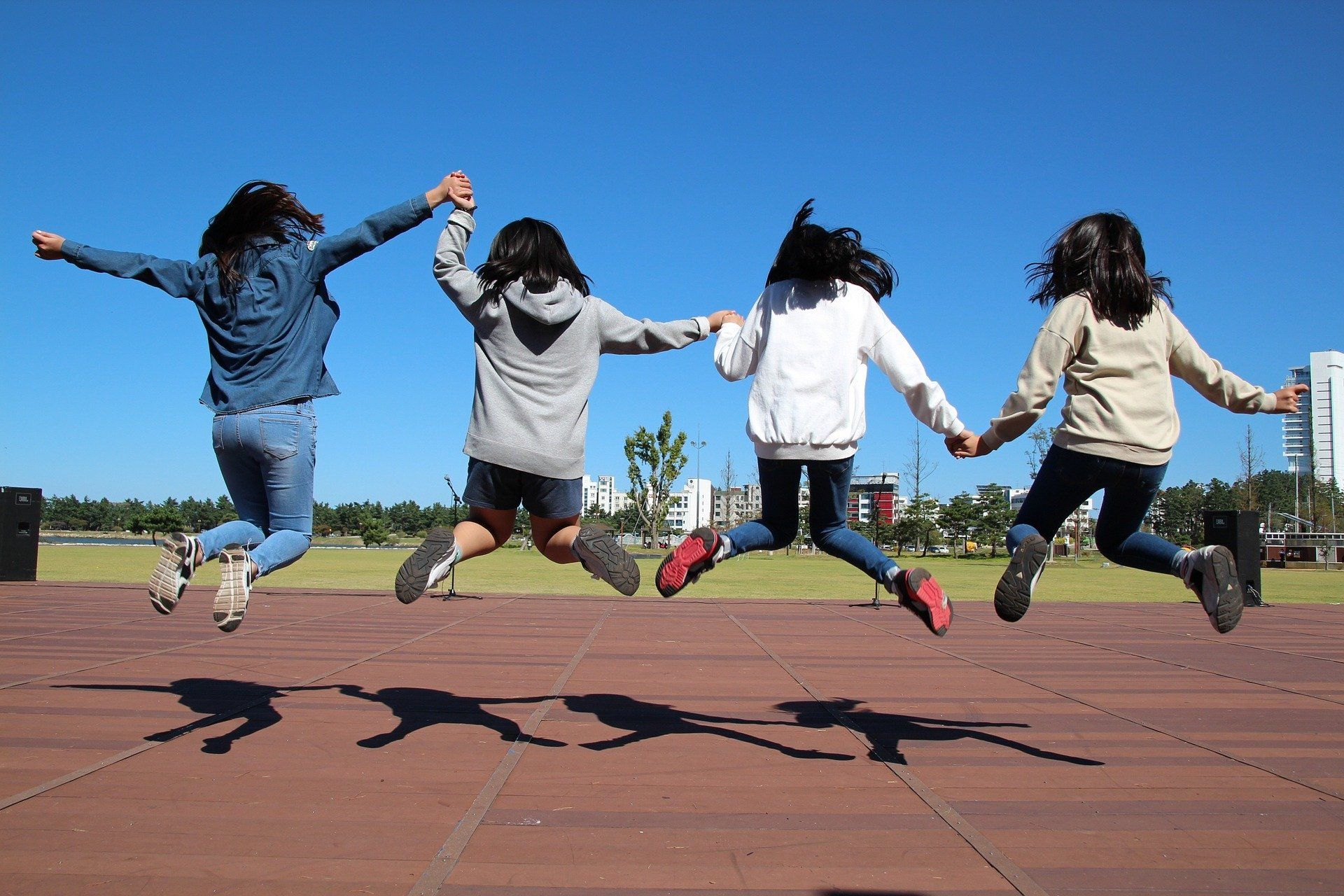
Children, Extended Family & Divorce
Some of a child’s first friends are family members, like cousins. Extended family can be a part of a child’s social development as they mature. As parents are the first teachers a child has, cousins and aunts and uncles can be the first friends and mentors for a child as well. After divorce, the tendency can be for one side of the extended family to be neglected--depending on custody arrangements. Grandparents may see a child less after a divorce, but if there were relationships of companionship and friendship with others of the family, try to maintain those for the sake of the child. Divorce is fraught with insecurity and confusing emotions for children. The security and stability of an aunt or uncle can ease the lifestyle transition for children experiencing seeing one parent less.
Children learn and process through play--that is why play therapy comes so highly recommended in a divorce scenario. Playing and spending time with cousins can offer a way to process divorce, while adding the benefit of safety and familiarity.
Another thing to remember, although it can be difficult, make sure that the child keeps building family bonds with the other side of the family. Although it can be painful for an ex spouse, or just plain awkward, it’s important that this be a part of co-parenting. It shows your child the virtues of forgiveness and graciousness, but it also shows them maturity and security. Always pay attention to your gut concerning friends or family members, of course, but if you know the interaction is good for them, make sure they see their extended family.
Divorce presents new challenges that marriage did not, but anyone putting their children first can overcome challenges or find ways to cope in a healthy way. Remember to keep relationships that were important and good alive in your child’s life.
It’s about to get better, and we are here to help.
